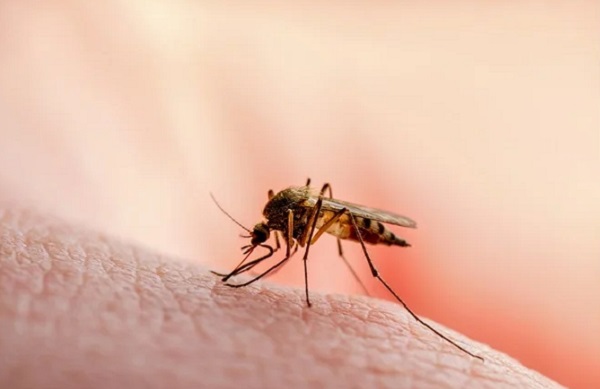
The global community unites in celebration of World Malaria Day (WMD) on April 25, a day to remember the need for commitment and investment to prevent and control malaria.
This year’s theme : ‘Time to deliver zero malaria: invest, innovate, implement’, provides the impetus to innovate and realise a malaria-free world.
Established in 2007 by the World Health Organisation (WHO) decision-making body, WMD follows from the 2001 African Summit on malaria, which saw the signing of the historic Abuja Declaration.
Malaria is a serious disease caused by a mosquito-borne parasite, which can cause high fevers, shivering chills, and flu-like illness in those infected.
It is a preventable disease with the use of medicines and precautionary measures such as insecticide-treated bed nets and indoor insecticide spraying.
On the first World Malaria Day, the then Secretary-General of the United Nations, Ban Ki-moon, emphasised the need to increase the availability of bed nets, medicines, public health facilities, and trained health workers for people in areas of the world affected by malaria.
With 3.3 billion people in 106 countries at risk of malaria and 900,000 deaths annually, the urgency of the situation is clear.
Though the situation is dire, there is hope.
In sub-saharan Africa, the incidence and death rates of malaria have dropped by 21 per cent and 31 per cent, respectively.
It is heartening to note that in Ghana, the prevalence and mortality of malaria has reduced significantly between 2011 and 2022.
The Ghana Health Service (GHS) has made commendable strides to fight malaria, with a national strategy of control to elimination based on national and global recommendations.
The control programme, focused on reducing malaria mortality by 90 per cent, is expected to reduce malaria case incidence by 50 per cent, and achieve malaria per-elimination, in at least six districts in the country, by 2025.
The current elimination target is focused on reducing mortality by 100 per cent by 2028 and cases by 50 per cent using the 2022 figures as the baseline.
The Daily Graphic stands in solidarity with the proposal to defeat mortality and decrease incidence of malaria by 2028, utilising 2022 as a baseline for the purpose.
We ardently advocate the devising of novel and more advanced solutions to eradicate the age-old ailment, as well as the enforcement of national plans to expedite the progress necessary to accomplish this ambition.
According to the RBM Partnership to End Malaria, today, the combination of low coverage of existing tools, emerging biological threats and funding shortfalls are brewing a perfect storm for malaria and that now is the time to take decisive action to deliver on the goal of zero malaria and achieve the 2030 targets.
On WMD, we pause to commemorate a momentous occasion and to pay tribute to those who have been impacted by this devastating disease.
As we take this time to reflect, we celebrate the progress that has been made and the hope that lies ahead.
As we look back, we give thanks to all of those who have toiled and sacrificed to bring us to this point.
From those at the forefront of research to those who have adopted prevention and treatment strategies, we honour their invaluable contributions.
As we look forward, we are inspired by the potential for a brighter future. It is our hope that this day will bring us one step closer to a world free of malaria.
The Daily Graphic affirms the call to innovate to deliver transformative and improved solutions to end malaria that are tailored to those who need them most.
The paper also calls for the implementation of national strategies to accelerate progress against this age-old disease, by demonstrating leadership, adopting innovative and sustainable approaches as well as the scaling up of national malaria programmes to deliver life-saving tools to those at highest risk.
It is time to deliver zero malaria.